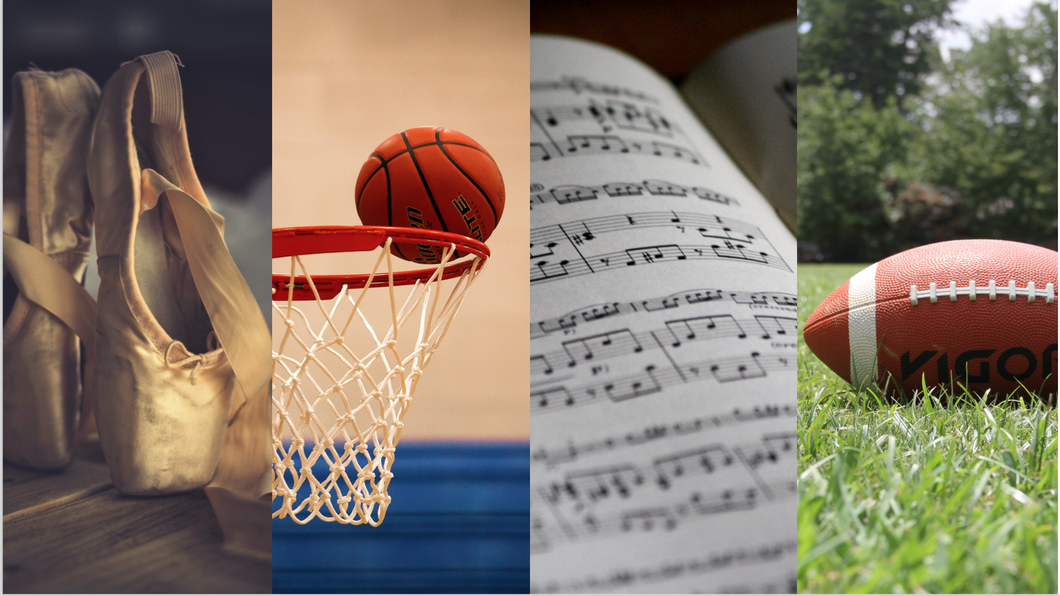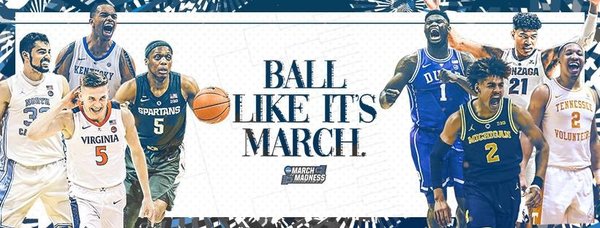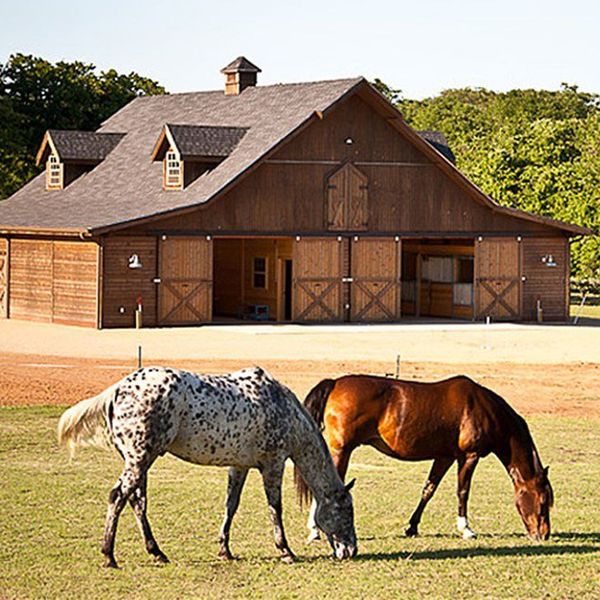Artists and Athletes have many similarities, it's time they're shown the same respect.
Growing up I was exposed to sports and the arts. My parents wanted me to have the opportunity to choose an outlet that I would enjoy and devote myself to. I played football, soccer, baseball, went to a basketball camp (an epic failure), did years of swimming and eventually landed on running.
During the same length of time, I discovered music, specifically my love for singing. I started in the church then sang and toured with the Maryland State Boychoir for about five years. I performed my first two operas before I had turned 13, and, once I got to high school, I started to sing chamber music competitively and do stage productions. Now, I run for fun to stay in shape while also majoring in vocal performance at Butler University.These juxtaposing experiences as an athlete and a musician could have belonged to two separate people. It's unordinary for a young black male to pursue the arts over sports. However, I want to challenge that this could be normalized if people allowed it to happen. Performing and visual arts are being cut from schools, but sports still remain a high priority, socially and economically. Young men and women could be carrying instruments instead of guns and dancing on stages instead of poles. And yet, this illusion that the arts are becoming less valuable in society is being supported by the fact that most parents and influencers in a child's life will ask "do you play a sport?" If you don't, well let's hope you make straight A's and become an engineer, doctor or lawyer. You know, "something to pay the bills."
Athletes and artists have a lot more in common than they're given credit. Although I don't race competitively anymore, I believe my experience warrants my opinion that the level of dedication it takes to be an athlete is more than comparable to what it takes to be an artist.
Classical musicians and elite athletes might not appear to have much in common. But whether they are on the stage or the field, holding a violin or a football, there is a constant pressure for them to perform under the spotlight. For example, as a runner, I had the pressure to not only race my hardest, but also run faster and faster every time I set foot on a course. As a singer, I have to translate what I've learned and practiced for weeks for often times a singular performance.
Both artists and athletes share a common trait in their pursuit of excellence and mastery. Making art and engaging in athletics take hard work, practice and drive, both also being rigorous. A basketball player isn't going to perfect their free throw shot without practice. The same goes for an artist looking to get better at drawing, a singer developing his or her voice or a dancer becoming stronger. Both groups of people hope to make a means of living from their crafts and abilities, requiring a level of discipline and determination to achieve their goals. The hours of time spent developing and becoming better shouldn't be qualified by a perceived level of difficulty that a person chooses.
There is also a misconception that artists, specifically musicians, don't have to take nearly as much care of their body as athletes. This misconception I believe is grounded in what people see physically. Athletes are working towards different kinds of strength and endurance. Their physiques are products of hard work in both practice and training building muscle for their particular sport. As a singer, a classical singer at that, I know that being healthy is extremely important because my body is my instrument. I can only get so sick before it starts to affect my voice. I worry a lot about my posture and breath control, and the better shape I'm in and in tune with my body I am affects having a lead in a two to three-hour-long opera or oratorio. My art does not require me being able to do double backflips or picking up heavy objects, but the amount of stamina and energy to pull off a full recital, production, or concert by any musician is underestimated, especially when the average person can't do it. And just like the dancers, musicians must maintain a façade of ease and control while demonstrating mastery.
So let's talk about dancers. Many dancers start off by doing it competitively while also training. However, dance is an art form requiring physical and mental exertion. It's also a skill that can tap into an audience's emotions to make them feel a specific way, just like music. I have so much respect for the dancers I go to school with. The amount of strength, poise, and discipline that it takes to put a production together while also implementing their training to a tee is absolutely impeccable and comparable to any sports team and/or athlete. They must eat healthily and in large quantities. They also have injuries and surgeries that I could never imagine going through, and many times they perform through the pain just like any athlete. Dancers are athletes that defy all normal human limitations, bending in ways NFL players could never imagine and having the stamina of cross-country runners powering through two to three hour-long ballets. Dancers do all this while maintaining a façade of ease.
Performing artists are prone to repetitive stress injuries. Playing a musical instrument professionally or dancing requires a level of physical fitness similar to that of a sports athlete: agility, flexibility, neuromuscular coordination, muscular endurance and muscular strength. However, there is one major difference between musicians and sports athletes. Sports athletes have coaches observing and correcting the athlete's movement patterns in order to improve efficiency as well as hoping to prevent a sports injury during each practice and athletic event, while the musician sees their "coach" once a week for an hour. He/she is expected to remember any technique changes etc (mechanical corrections etc….) while they practice alone and attending extraneous rehearsals.
All these individuals follow the adage "practice makes perfect" or "practice makes permanent".
I understand that most classical musicians are not going to make the kind of money or a mainstream pop star or rapper, and if I wanted to pursue that more heavily I wouldn't have chosen to go to music school at this point in my life. I chose this career path knowing I wasn't going to be rich (one could hope and dream), but the respect I have for athletes and their craft I do not feel is reciprocated by them or society. The time and energy they put into their careers do not make them any different than an artist trying to make it in society.
So, to all my athletic friends and future professional athletes, take appreciation in the arts and the people who choose to make it their careers. Your child may one day want to pursue a career in the arts but be pressured into doing something else thinking that they may disappoint you. What you can teach them as an athlete will help them exponentially as an artist.
The next time you're watching a movie, listen to the soundtrack of the musicians performing with the orchestra. The next time you see a dancer, avoid asking why they chose not to play a sport or pursue a different career. Our lives as artists are driven by passion and determination and I believe that any athlete would agree when looking into their own lives.
















